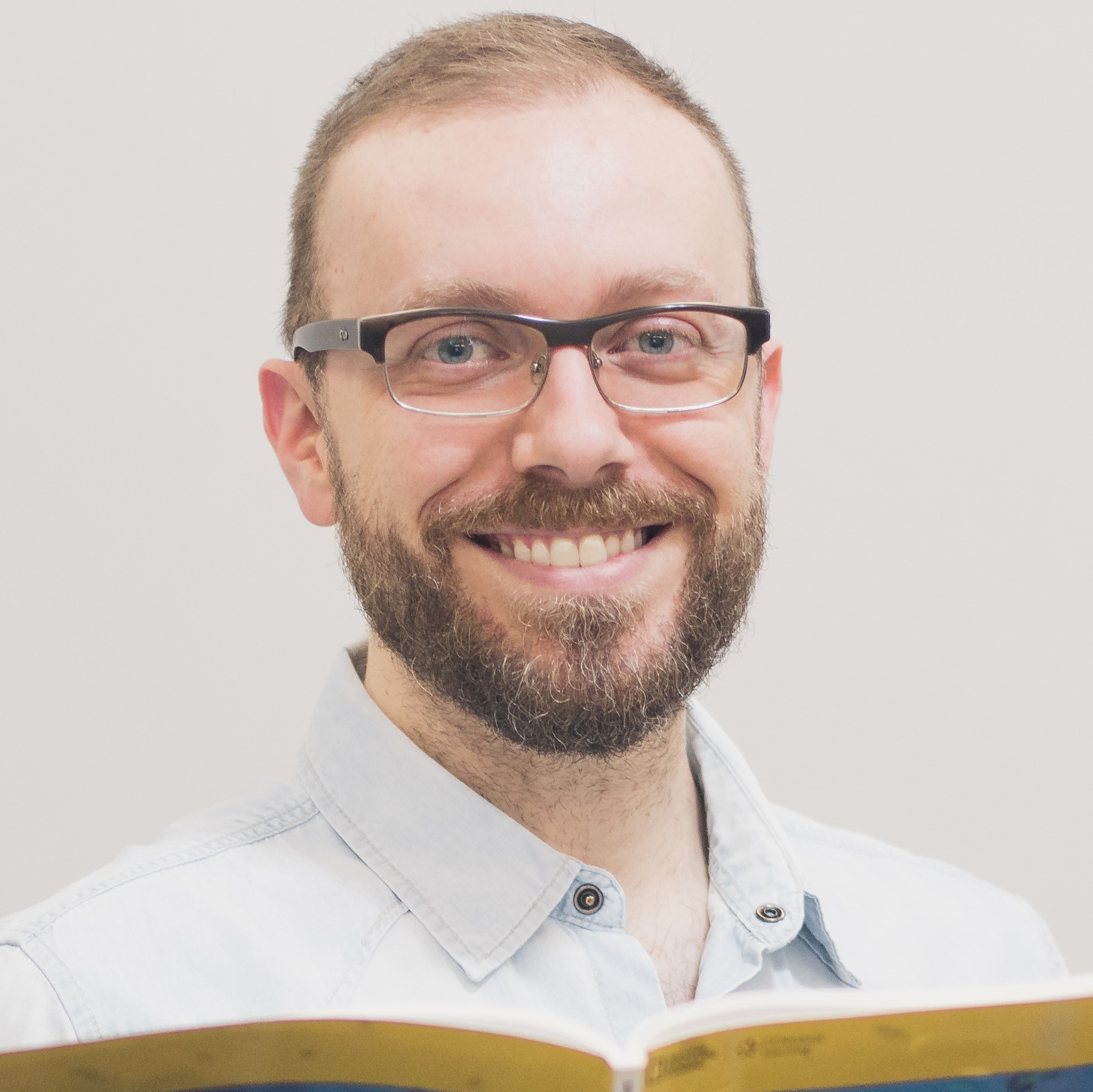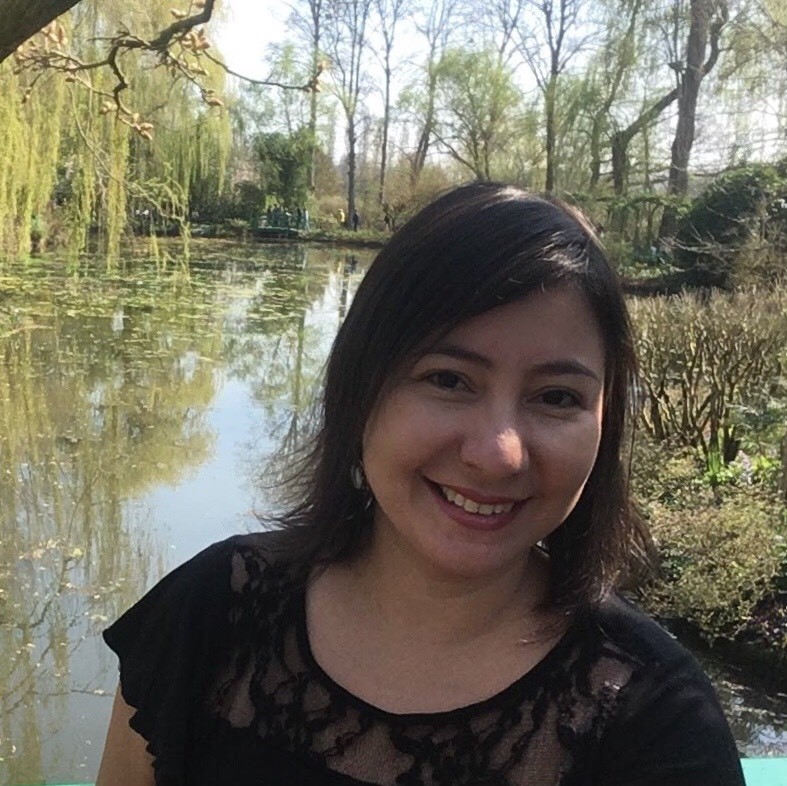Current Affairs as a means to engage teenage advanced learners
The last month of March has been significantly special for me. The month of my birth, filled with excitement I was carrying with me, conducting a special project to celebrate International Women’s Day.
Me and other two partners invited ten women from the ELT community and we asked other 9 (my partners included) to write articles talking about their lives. Those posts were compiled and a magazine was born. The use of this magazine to engage my students is the topic of this post.
Teaching teenagers in advanced levels brings some specific challenges with it, such as the learners’ difficulties to perceive progress and sometimes their resistance to engage in reading activities proposed by some course books. Such difficulties made me reflect upon what to use in a class where the core of the lesson was critical thinking. So I turned back to the magazine and after reading all the articles, originally addressed to teachers, it dawned on me that the content there could be extremely fruitful in classes with teenagers as the texts went over always relevant topics such as, gender equality, acceptance, support, myths around gender, bullying and etc…
Thus, I decided to use some of the articles presented in the magazine by selecting some impactful extracts and exposing them to learners who would first read and notice unfamiliar vocabulary. Then, they were asked to come up with possible contexts where those bits had been taken from and still as a pre-reading task, based on the titles and short descriptions from the contents section of the publication, they had to identify the original texts.
The potency of some sentences and the choice of vocabulary sparkled their interest quite immediately. At this point, eager to read, they were invited to start doing so as a jigsaw task, small groups read different texts and after sharing their first impressions within their own groups, the content of the texts was opened in mixed groups providing everybody in the class with the stories behind the articles.
After a quite animated discussion, learners were so revved up that we started discussing the possibility to get in touch with the authors and that was when the idea of writing messages, opening their hearts and saying how they were impacted by what they had just read. What happened next was a passionate discussion about what they should write in other to translate their feeling and emotions to the authors.
Obviously, immediately after our class, I happily forwarded the notes to the four authors informing them that their stories had been shared with my class as the content of that day’s lesson and their articles caused such a big impact on them. Now, we have the writers replying to those messages, sending their love to those students and not without telling me how happy and surprised they were to know that articles originally written to a very specific audience (Teachers of English) could reach, in an impactful way, such an unexpected audience.
The reason why I am telling you this story is to remind us that we tend to get too attached to the coursebooks and we might overlook things and topics that our students would like to be discussing. Not only did we profited from some important conversation, but we also had the opportunity to analyse language in context and apply that language in a more personalised manner as students actively shared personal experiences and thoughts.
I would love to hear any thoughts on that…




